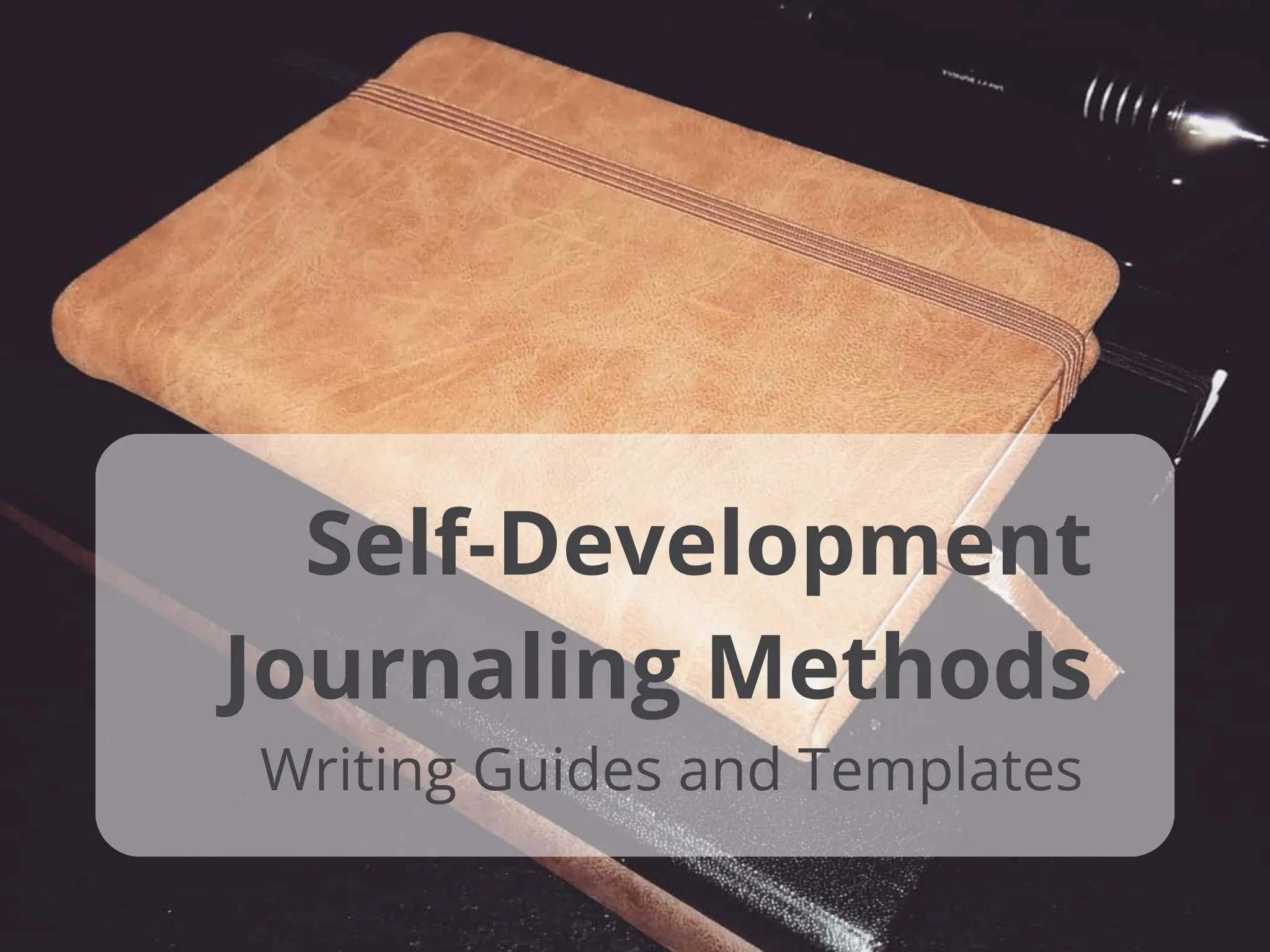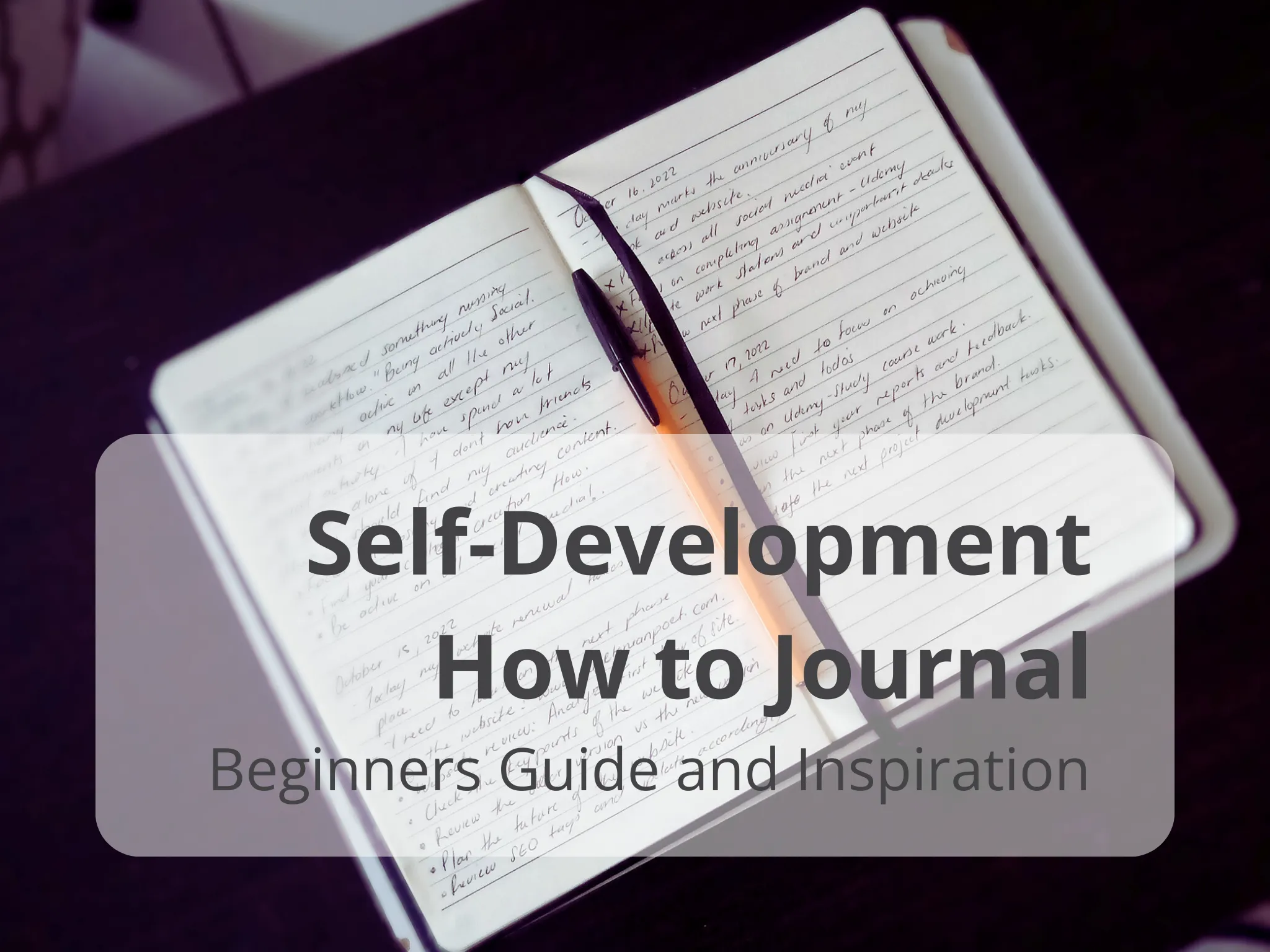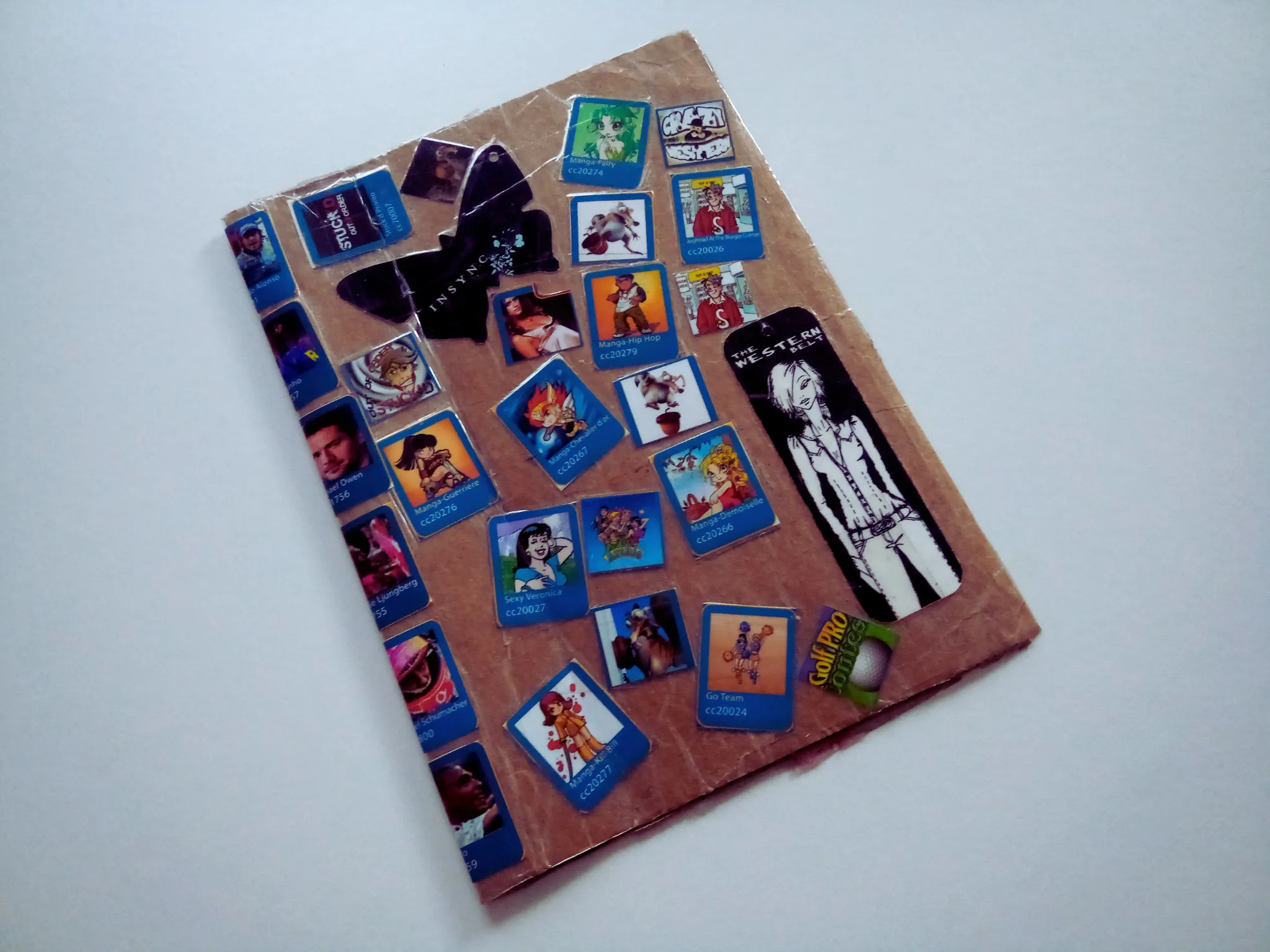Reflection of life
"I felt inadequate, not worthy and afraid. Facing the unknown can become overwhelming and uncomfortable. I was not sure if it was even possible. Every day grew taller in things I never did because of fear..."
Thank you for your support 💜..

Published: November 20, 2023
The art of journaling is capturing the adventures of your life. It is like the book of your life.
A journal is a notebook you can carry around and write in at any time. There are journal formats determined by their intended use and can be of any design, size or style. But a simple notebook is perfect for writing.
Journaling is the act of writing down your thoughts and feelings. I believe it is simply capturing the art of life by physically writing things down in a notebook.
Journaling is the practice of writing things down in a journal. You can record your thoughts, feelings, experiences, ideas, events and reflections.
Journal writing is recording personal insights, questions and observation of what the writer wish to explore. It can be about any topic or subject of interest.
A journal entry is writing down a record of your memory on any given topic. The inspiration of mental prompts is a transactional purpose in writing down what comes to mind.
It is possible to integrate all of these journals into one. Your journal should serve a purpose to you. I use my journal for the following reasons:
It offers an effective way of figuring it all out - life, love, work, relationships, everything and yourself. Writing down problems is the start of discovering ways to solve them. It gives you an objective perspective that enables you to begin solving them. Writing down the events and circumstances of your life helps you clarify what happened as you observe the reality of it. Journaling allows us to see things for what they are rather than what we assume.
To understand why one should journal? We need to look at the benefits. I have benefited from journaling in many areas of my life. Journaling has helped me change and move direction in my life according to how I have grown and developed. I can reflect on my life because it became a way of keeping a record of the past and the present and assisting in planning my future. Journaling has also helped me develop ideas and projects. It increased my knowledge and made me wiser in areas where I felt inadequate. Writing in my journal also became therapy for my anxiety and understanding my overexcitability.
When I started journaling, I wanted to write down my secrets, thoughts on the world around me and how I felt about it. In the same way, I learned how to understand the things happening to me and for me. I would write about anything, things that were both good and bad in my life. I was developing a sense of reflecting on the things I could not understand and bridging to figuring it out. Now, my purpose is vast because I do it to examine things past and make adjustments as I grow.
First, you need to get a book to write in. It can be blank, dotted or lined. I like all kinds of books. No matter the style of the book, as long as you can write in it.
Finding a reason to journal is good. It has to be the reason to continue the habit. A few ideas are understanding how and what you can gain from journaling. Finding ideas to journal is deciding what kind of journal you want to create. Your journal can be about one thing or anything and everything. But setting an idea gives you a reason to journal.
| Theme | Prompt |
|---|---|
| Feelings: | How do you feel today, right now? |
| Thoughts: | What comes to mind or what is on your mind that has been bothering you that you have been wanting to get over or figure out? |
| Tasks: | What do you want to achieve from this day? |
| To-do: | What can you do to complete your task? |
| Ideas: | What do you want to create, build or produce? |
| Experiences: | What are the experiences you have that you have been thinking about? |
| Projects: | What have you been working on? |
| Advice: | What have you learned that has changed or impacted your life and thinking? |
| Theme | Prompt |
|---|---|
| Assignments: | What is the plan to reach your goal? |
| Mission: | What can you do to achieve the best result in reaching your goals? |
| Visions: | What does the expected result look like for what you hope to achieve, gain or discover? |
| Theme | Prompt |
|---|---|
| Mapping: | What is the direction of your journey? |
| Goals: | What is the target, the aim and the destination? |
| Achievement: | What is the outcome you want to have? |
| Theme | Prompt |
|---|---|
| Internal: | What do you want to feel or be by the end of your year? |
| External: | Where do you want to be in your personal and professional life by the end of the year? |
| Theme | Prompt |
|---|---|
| Liberation: | What about yourself or your life has made you want to believe in your ability to conquer that which you desire? |
| Understanding: | To journal is the point of purposely adding meaning to your life. |
The best time to journal is in the morning because a fresh mind brings fresh things to write about. If you write down your thoughts, ideas, tasks or to-do, they are best served in the morning so that you can execute them throughout your day.
To journal in the evening is more of a time to reflect on your day. You can write down the events, experiences, things you learned, what worked or failed and be able to audit the plans you set at the beginning of the day.
Journaling is purely out of motivation or inspiration that can strike you at any time. You can journal at any time that suits you or when you are inspired to write. Do not limit yourself to journaling at a set time.
Before, I used to think I needed to set a time to journal, like journaling first thing in the morning or last thing in the evening. It made me feel bad whenever I forgot to journal at the set time. And then I would feel like I let myself down for not journaling according to the time set aside. I started to think about why I journal and when I usually am likely to journal. Later, I realized that it was not a matter of when I would journal. I found it was something I did when I felt the need to. So, when I felt the urge to write something down like an idea, an experience, an event, study notes, or even just writing to express feelings, I would do it when I felt the need to. It never mattered if it was in the morning, afternoon or evening. Whether in the comfort of my home, at the office, cafe, or classroom, as long as I had my journal, I would write whenever I wanted. I suggest writing in your journal whenever you need to do so. It is the freedom to act whenever you feel compelled to express yourself.
My suggestion for creating a journaling routine is to write whenever prompted and let that be the action you take when recording your thoughts.
As far as I know, anybody can journal. If you choose to journal for all the right reasons, it will not matter who you are and what background you have as long as you can reap the benefits. Embrace yourself in the possibilities that come with it. I have learned that journaling is an ancient practice. Knowing this has made me believe in the power of writing and acknowledge that it is a privilege to be able to journal. I heard that many successful people of the past and even in the present use journaling to build their dreams, ideas and inventions. No matter what, if you want to journal, there is no prerequisite for using this great tool.

| Topic | Objective |
|---|---|
| Myself: | Learning and developing myself. |
| The world: | Understanding myself and the world. |
| Feelings: | Understand my triggers and build mental and emotional health. |
| Thoughts: | I can clear my mind and think consciously. |
| Ideas: | I can use my skills, talents and gifts. |
| Fears: | It helps me understand what is holding me back. |
| Habits: | Understanding the things that cause me to repeat habits that are bad for me. |
| Sorrows: | Being able to acknowledge and accept the things I cannot change. |
| Joy: | Recording the events and moments that bring me joy. |
| Who I am: | Discovering who I am. |
| What I want: | Developing myself to achieve my goals. |
| Identity: | Creating who I want to be by knowing who I am. |
| Sexuality: | Learning who I am in love and relationships |
| My life: | Recognizing the things that matter. |
| My heart: | To acknowledge the changes in my love. |
Self-development is a lifelong process of reaching your full potential to become your best. Journaling acts as a recording of your journey in self-development. Because developing yourself is the process of self-reflection, self-discovery and self-awareness, writing down how this connects to your life gives you an overview of how it happens.
| Quest | Proposition |
|---|---|
| Intention: | Set your intentions on what you want to explore in the writings of your journal. |
| Visions: | Write to build visions of the dreams and life you want. |
| Goals: | Write down the plans for the goals you want. |
| Tasks: | Write down the tasks to complete to reach your goals and dreams. |
| To-do: | Make a list of the actions you need to take to finish the task. |
| Ambition: | Continue to write with the determination of developing yourself and building the life you desire. |
I usually try to maintain the habit of journaling in the morning for direction and motive. And in the evening for auditing and reflection.
I follow a simple method of writing down my intentions, tasks and to-do's.
I journal using my uniquely designed bullet format and layout process.
| Bullet | Purpose | Description |
|---|---|---|
| + | Entry | A journal entry. |
| – | Notes | Jotting down notes. |
| ○ | Events | Past and future events. |
| ! | Tip | General advice. |
| ? | Ideas | Inspiring ideas. |
| _ | Highlight | Underlining something of significance. |
| * | Important | Emphases on something important. |
| △ | Project | List the project name or heading. |
| □ | Task | List the task name or heading. |
| • | To-do | List of to-do items. |
| < | Trace | Tracking back to previous note, task or to-do. |
| > | Migrate | Moving a task or to-do to the next page. |
| ✓ | Check | Checking off a completed task. |
| x | Complete | Marking a to-do when completed. |
| [ ] | Information | Brackets knowledge-based information. |
| Font | Purpose | Description |
|---|---|---|
| CAPS | Names and headings | Capitalize to stand out when paging through the journal. |
| Method | Purpose | Description |
|---|---|---|
| Daily Log | Daily entries | Writing down things with the date, including the day of the week, time and weather. |
| Dedicated Page | Ideas, projects and goals | Tracking your goals, ideas and projects. |
I journal for self-development, goal management and project development. I use it for planning my time and managing my daily living.
My life improvement and development have been actively progressing because of the privilege of using such a great tool to capture it all.

In my first journal, I asked my dad if he had any log receipt books left. It was a thick book one would use to record information for invoicing. The book had so many pages in it. The great thing about this book was that It had line pages on one side and blank pages on the other. It meant not only could I write in it, but I could also draw, sketch, design and create anything I wanted. The cover was soft and felt a bit flimsy, so I decided to design my cover from cardboard paper. It was the first journal notebook I have ever created.


Tip #1:
When I first started writing in my journal, my mom used to call it a diary. It was just a book to write down my poems and songs. Because I learned to develop my musical intellect and artistic gift, I recorded all my poetry and songwriting in my notebook. The dear diary felt a bit too cheesy. Anyway, I always thought, what the hell is a dear diary? As I got older and discovered what a journal was, I could confidently reply to my mom and say that I was not writing in my diary and that it was not a diary.
Journaling went beyond writing just poems and songs but writing down everything and anything I wanted to. It was like exploring my life, my world and who I am or want to be in the pages of a notebook. My journal became my self-discovering and self-developing manual.
Tip #2:
The freedom of writing in a journal means you decide whatever you wish to put inside your journal. I wrote poems and songs. I wrote about the thoughts that kept circling in my mind. I wrote when I experienced things I couldn't understand or wanted to record to remember them. I wrote about events and moments I had that were special to me. I wrote down the projects and ideas I wanted to build. I wrote about things I learned and epiphanies I had. I wrote about the things that interest me or that I want to know about and never forget. I wrote about my feelings of pain, anger and happiness. I wrote about the breakthroughs I had in my life. I wrote about whatever brought new meaning to my life and the world around me. It was also where I kept my secrets that I was too afraid to share. The point is I wrote.
Tip #3:
I have read many articles about how to journal and what journaling is all about, but I never felt like a person whose journal reflected throughout the articles. So, I decided to give my honest perspective of what journaling means. Journaling has become a part of my life. I want to share my experience with anyone who wants to journal. By exposing my experience and thoughts, I hope to inspire anyone to begin journaling. It is one of the great tools I use in my self-development process.
"I felt inadequate, not worthy and afraid. Facing the unknown can become overwhelming and uncomfortable. I was not sure if it was even possible. Every day grew taller in things I never did because of fear..."
Self-development is not an easy task. There is planning, scheduling, developing personal goals, and maintaining a good life. What we consider our best is entirely a choice. We can go from great to...
I have so much creative writing work to do that I am not sure how organised I am or well prepared to do it. Usually, something sticks out in my pile of work that inspires me to complete it. I then begin the production process to publish it should it exceed my expectation...